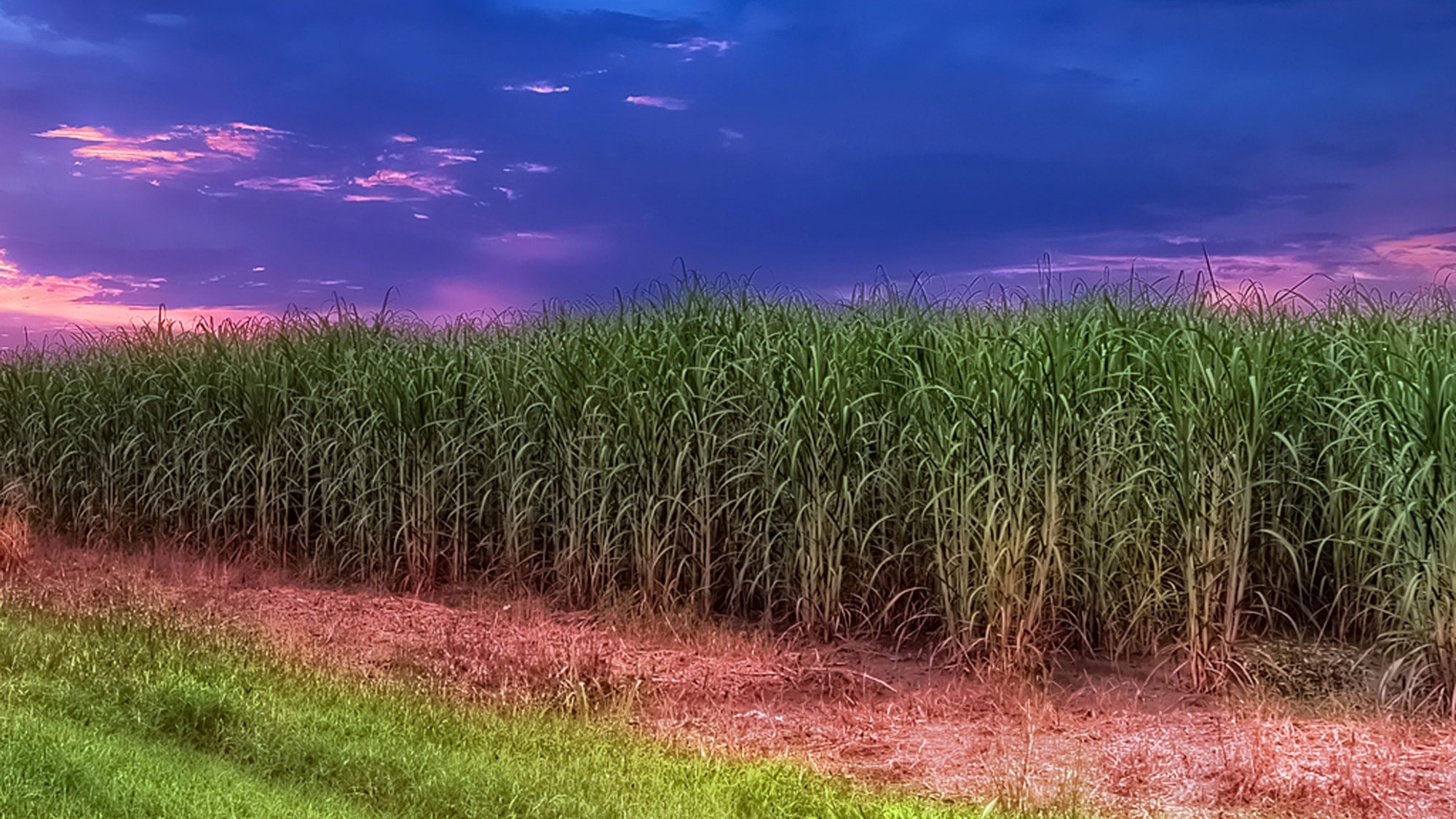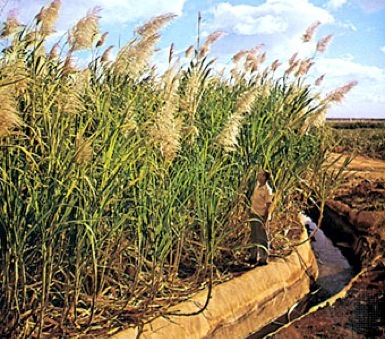From Field to Table: The Journey of Sugar and Cane
From Field to Table: The Journey of Sugar and Cane
Blog Article
Why Walking Cane Sugar Handling Chemicals Are Critical for Modern Sugar Refining
The function of walking cane sugar processing chemicals in contemporary sugar refining can not be overstated, as they are integral to improving both the performance of extraction and the general top quality of the end product. Representatives such as phosphoric acid and certain flocculants are employed to eliminate impurities, causing sugar that not only satisfies consumer expectations yet also sticks to sector criteria. Nevertheless, the effects of these chemicals expand beyond quality, touching upon market characteristics and ecological considerations. This elevates essential concerns regarding the sustainability of such techniques and their influence on the future of sugar production.
Role of Processing Chemicals
The efficiency of walking cane sugar handling hinges substantially on the tactical application of handling chemicals. These chemicals play a pivotal duty in boosting the effectiveness and quality of sugar removal and refining. From the first phases of juice removal to the last filtration actions, processing chemicals help with various crucial operations.
In the extraction stage, chemicals such as phosphoric acid and calcium hydroxide are utilized to maximize the clarification procedure, assisting to remove contaminations and put on hold solids from the walking cane juice. This not only improves the return however likewise guarantees the clarity of the last product. In addition, agents like flocculants aid in the quick settling of pollutants, thus enhancing the general process.
As the handling developments, chemicals are utilized in decolorization and crystallization phases. Triggered carbon and ion exchange materials serve to remove shade and odor, making sure that the refined sugar meets consumer high quality requirements. Inevitably, the role of processing chemicals prolongs past operational performance; they dramatically affect the sensory qualities of the last product, contributing to market competition. Thus, the precise option and application of these chemicals are vital for accomplishing optimal results in walking cane sugar processing.
Secret Sorts Of Chemicals
Walking cane sugar handling depends on a selection of vital chemicals that help with each phase of production. These chemicals play essential roles in clarifying, whitening, and cleansing the sugar extracted from cane.
One primary category of chemicals includes flocculants, such as polyacrylamide, which aid in the clarification process by promoting the aggregation and settling of impurities. Furthermore, calcium hydroxide is often employed to neutralize level of acidity and assist in the removal of non-sugar elements.
Whitening agents, such as triggered carbon and sulfur dioxide, are used to decolorize the syrup, leading to a more clear last item. These chemicals assist eliminate color substances that might impact the sugar's appearance and marketability.
Additionally, phosphoric acid functions as a pH regulatory authority throughout the processing stages, ensuring ideal conditions for the enzymatic tasks entailed in sugar extraction and purification.
Various other essential agents include edta (ethylenediaminetetraacetic acid), which chelates steel ions that can catalyze unwanted responses, and salt hydroxide, which helps in pH control throughout the refining process. Jointly, these chemicals enhance effectiveness and make certain a high-quality walking cane sugar product.
Advantages for Sugar Quality
Typically overlooked, using particular handling chemicals considerably boosts the total high quality of cane sugar. These chemicals play an essential role in refining processes, making certain that the final item meets stringent sector standards for pureness and preference.

Additionally, refining chemicals aid in attaining a constant granulation and texture, which are vital for consumer approval. By managing the condensation procedure, these chemicals guarantee that the sugar crystals develop uniformly, leading to a more appealing item that dissolves well in various applications.
Moreover, using these chemicals can boost the rack life of cane sugar by reducing moisture absorption and microbial development. In general, the tactical application of handling chemicals is essential for supplying high-grade walking cane sugar that satisfies consumer expectations and market needs.
Environmental Impact Considerations

In addition, the energy-intensive nature of sugar refining, intensified by chemical use, typically causes enhanced carbon emissions. This adds to climate adjustment and elevates concerns concerning the sustainability of existing refining methods. Furthermore, the sourcing of these chemicals may entail more information methods that threaten biodiversity, such as monoculture farming, which minimizes the strength of farming ecological communities.

To mitigate these effects, sugar refiners are increasingly checking out sustainable alternatives and taking on finest methods that decrease chemical usage. Executing rigorous environmental monitoring systems can aid make sure that the refining process aligns with ecological standards and advertises biodiversity. Eventually, a well balanced method that focuses on both sugar top quality and environmental stewardship is crucial for the long-term practicality of the sugar sector.
Future Fads in Refining
As the sugar market grapples with the environmental challenges connected with standard refining approaches, innovative strategies are emerging to enhance both performance and sustainability. One substantial trend is the adoption of eco-friendly chemistry concepts, which prioritize the use of non-toxic, eco-friendly handling chemicals. This change not just minimizes ecological effect yet also addresses consumer demand for cleaner manufacturing approaches.
An additional appealing development is the application of innovative filtration innovations, such as membrane separation and adsorption procedures. These methods improve the clarity and quality of the sugar while minimizing the volume of wastewater created during refining. Furthermore, the integration of digital innovations, including IoT and AI, is transforming functional efficiency by making it possible for real-time tracking and anticipating upkeep, hence minimizing resource waste.
Moreover, making use of spin-offs from sugar refining, such as bagasse and molasses, is getting traction. These materials can be converted into biofuels or value-added products, adding to a circular economic climate within the industry. Jointly, these fads signal a shift towards even more sustainable methods that not just improve operational efficiency yet also line up with worldwide sustainability objectives, making sure the future viability of sugar refining.
Conclusion
Walking cane sugar processing chemicals are necessary in contemporary sugar refining, significantly click this enhancing the effectiveness and high quality of sugar removal. The critical use these chemicals not just improves the purity and flavor of the last product but additionally ensures constant crystallization and appearance. As the sector significantly focuses on sustainability, the fostering of environmentally-friendly handling representatives is likely to shape future trends in refining, ultimately bring about better products and expanded service life for consumers.

Ultimately, a well balanced strategy that prioritizes both sugar high quality and ecological stewardship is essential for the long-term stability of the sugar industry.
Cane sugar handling chemicals are important in modern-day sugar refining, substantially improving the effectiveness and high quality of sugar extraction.
Report this page